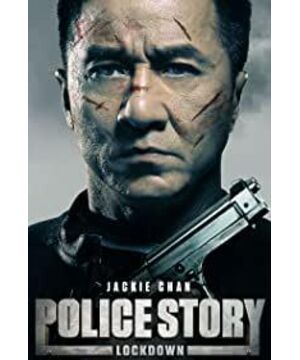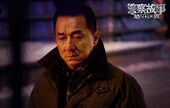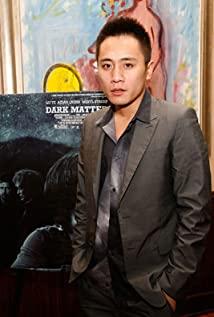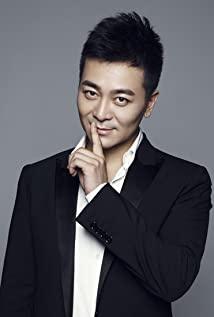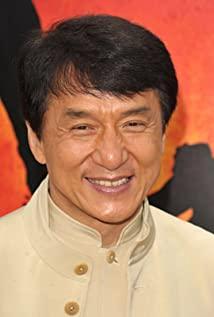As a representative of Beishang films, "Police Story 2013" apparently responded to the mainstream narrative discourse in mainland police stories to a certain extent. However, this response did not deliberately exaggerate, but interprets the image of the police under the ideology of the mainland from the perspective of the Hong Kong film concept itself. As a police officer, Zhong Wen (Jackie Chan) has never wavered in his beliefs. In his opinion, the police must perform their duties unconditionally, which is obviously different from the Hong Kong police who are constantly in a state of suspicion.
However, "Police Story 2013" does not appear artificial, which is inseparable from its unique handling. Zhong Wen's belief is that every life is precious, which is a common proposition that goes beyond the distinction between Hong Kong and the mainland. In the context of continuous integration of cultures, we need a new common denominator to eliminate differences, and the respect for life itself is the same no matter whether it is mainland or Hong Kong or even anywhere in the world. Therefore, when Jackie Chan interpreted the justice of the police, he proceeded from the basic life value of human beings, and did not decorate himself with more slogans.
Again, while emphasizing social justice, "Police Story 2013" strengthens the performance of family ethics. The police are not only the executors of social justice, but also members of the social group, and they also have their own individual lives, so there will inevitably be conflicts between social responsibilities and family responsibilities. The conflict between Zhong Wen and his daughter Miao Miao (Jing Tian) is a product of this discord, and it shows us that behind the responsibility lies a heavy sacrifice, both for the policeman himself and his family.
Perhaps successful as a police officer, but dereliction of duty as a father. We often encounter this phenomenon in society, and it is not limited to the police. How to strike a balance between social responsibility and family responsibility is not an easy task. At the beginning of the story, the fierce conflict between father and daughter is not only a difference of ideas, but also a rebellion due to the lack of responsibility.
However, not doing well does not mean that he does not want to do well. Zhong Wen has actually been thinking about his daughter's growth all the time. So when the trigger was finally pulled, daughter Miao Miao really understood her father, she really understood what a father's love is like a mountain, and she really understood that her father had been watching her silently and was ready to sacrifice everything for herself.
Of course, love has always been on both sides, and here we have to talk about Jing Tian's performance. Perhaps this is the best movie she has ever made in her career. Before, whether she was the protagonist or a supporting role, most of them were external actions, but this time she is really showing an emotion. As the daughter of a police officer, she lacked enough love from her father since she was a child, and thus developed a rebellious character. This seems to be a common example around us. Jing Tian interprets this role vividly, the exaggerated costumes between bars, and the vulgarity and frivolity shown in the story are actually just to attract the attention of his father.
For such a role, Jing Tian's performance is generally in place, from the beginning of the grudge against his father to the final pain that comes from the heart after he fully understands his father, it is quite natural. Perhaps, this is not her best level, but the progress since filming is obvious to all. I believe that in the future development, her road will be wider and wider.
View more about Police Story: Lockdown reviews


